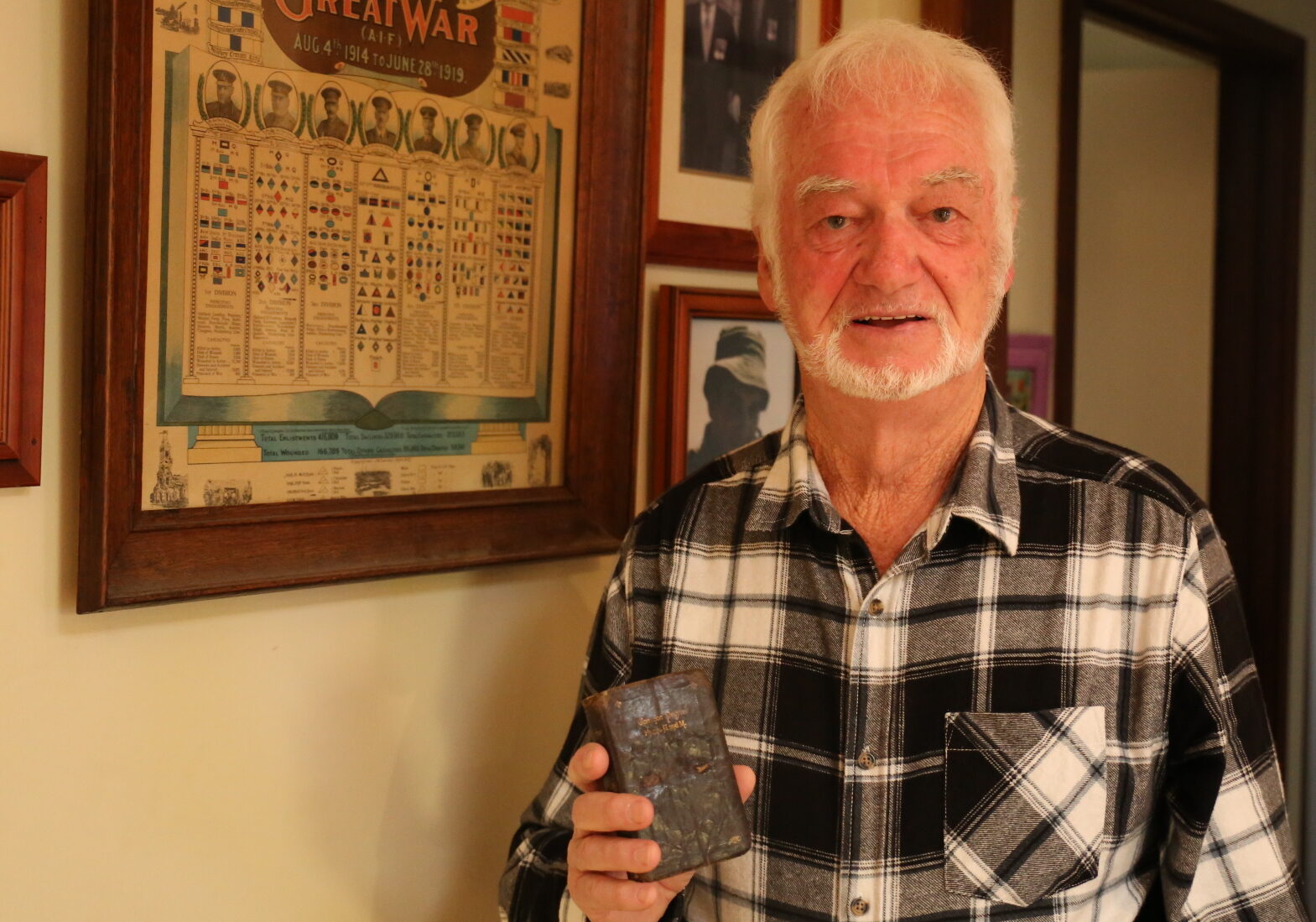
Reporter BELINDA STRAHORN follows the amazing journey of a prayer book that journeyed to World War 1’s Western Front; two decades later it comforted a prisoner of the Japanese and ended up in the hands of a soldier bound for Vietnam.
PINT-SIZED and perforated by bullets, one family’s little prayer book was carried into combat by three generations of soldiers across three theatres of war over half a century.
No bigger than a cigarette packet, the combined Church of England prayer book and hymnal was carried to the front by 20-year-old Raymond Nelson Taylor, a cheesemaker from Bega, shipped off to World War I.
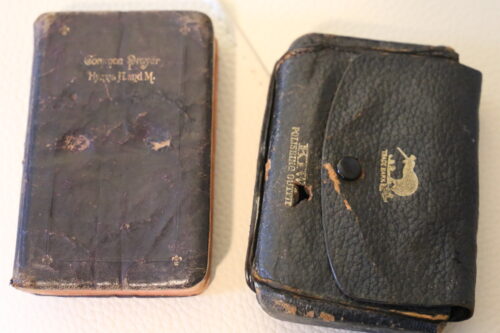
Kept inside a leather Kiwi shoe-shine case, the prayer book was treasured through Ray’s service with the 54th Australian Infantry Battalion.
Amid the horrors of the trenches on the Western Front in France and Belgium, Ray’s prayer book remained tucked inside the left breast pocket of his uniform.
A gift from his mother upon sailing to Egypt in 1916, she hoped it would keep him safe. It did.
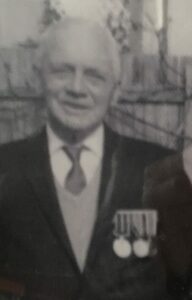
Ray survived the war, along with the prayer book which is now the prized possession of Ray’s son, Warren Taylor, of Richardson.
Warren, 75, is a bookbinder by trade and has made repairs to it over the years.
“It was in a bad way,” Warren said, showing how spent bullets left marks on the front of the thick volume, but didn’t penetrate it.
“It’s very precious.”
Thumbing through the book’s fine pages, which were said to have made “good cigarette paper”, Warren explained that after returning to Australia, his father moved to Queanbeyan, married Amy Daniel in 1932 and raised a family of seven in Hirst Avenue.
“But dad never spoke about the war,” Warren said. “He would have gone through hell and back, but he never said anything; they didn’t back then.”
Two decades later, the prayer book went back into action with Ray’s nephew Gordon “Gus” Henry Bell, a builder from Queanbeyan, who served with the 2nd AIF (Australian Imperial Force) during World War II.
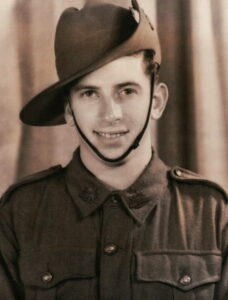
When the Japanese army invaded Timor in 1942, Gus and a small band of Australians known as the “Sparrow Force” took to the hills to fight a guerrilla war.
Eventually, with little ammunition, the exhaustion of the men and the growing number of casualties, the force was captured and Gus spent the remainder of the war as a prisoner.
On arrival at the POW camp, the Australian prisoners were ordered to strip off and throw their belongings into a pile, Warren said.
Fearing the cherished prayer book would be lost forever, Gus pleaded with a Japanese soldier to let him keep the prayer book saying: “Christian, Christian.”
Expecting to feel the brunt of his rifle, the guard pulled out a crucifix and replied: “Me Christian, too”.
“He let him keep the book,” Warren said. “Incredible. What are the chances of that happening?”
After some years in a POW camp in Timor and then Java, Gus returned to Queanbeyan “stick thin”.
“It must have been a terrible ordeal. He was listed as missing for two years. It wasn’t until the prisoners were freed from the camp, once the war was finished, that his family received information that he was alive,” said Warren.
“Despite all the trauma, he was the happiest, funniest, most liveliest fella. He had an MG sports car but died suddenly in the 2000s.”
The prayer book made its way from father to son.
In 1967, Ray handed the prayer book to Warren who was 21 at the time and conscripted for the Vietnam War.
“On the day I was leaving to go, dad gave me the book,” Warren said.
“It was a lovely gesture and I kept it close to me.”
Well-known in Queanbeyan as a sportsman, Warren served at Nui Dat, Vung Tau and Bein Hoa with the 2nd Battalion reinforcements between 1967 and 1968.
Returning to Queanbeyan, Warren resumed his work as a bookbinder.
But the full impact of his Vietnam war experience wasn’t felt until many years later, when he found himself suffering mental health issues that required hospitalisation.
“I was going to the pub at 10am and I had bad anxiety,” Warren said.
“I kept having really bad dreams; it all got too much.”
Having made peace with his past, Warren went on to march in every Anzac Day service alongside his father until his death in 1985 at the age of 89.
“We were great mates,” Warren said.
Warren still finds it amazing that something as seemingly insignificant as a small prayer book, survived three wars, and has linked generations of his family.
“I used to carry it in the glove box of my car, but not anymore, it’s too precious,” Warren said. “It will be loved and cherished forever.”
Who can be trusted?
In a world of spin and confusion, there’s never been a more important time to support independent journalism in Canberra.
If you trust our work online and want to enforce the power of independent voices, I invite you to make a small contribution.
Every dollar of support is invested back into our journalism to help keep citynews.com.au strong and free.
Thank you,
Ian Meikle, editor

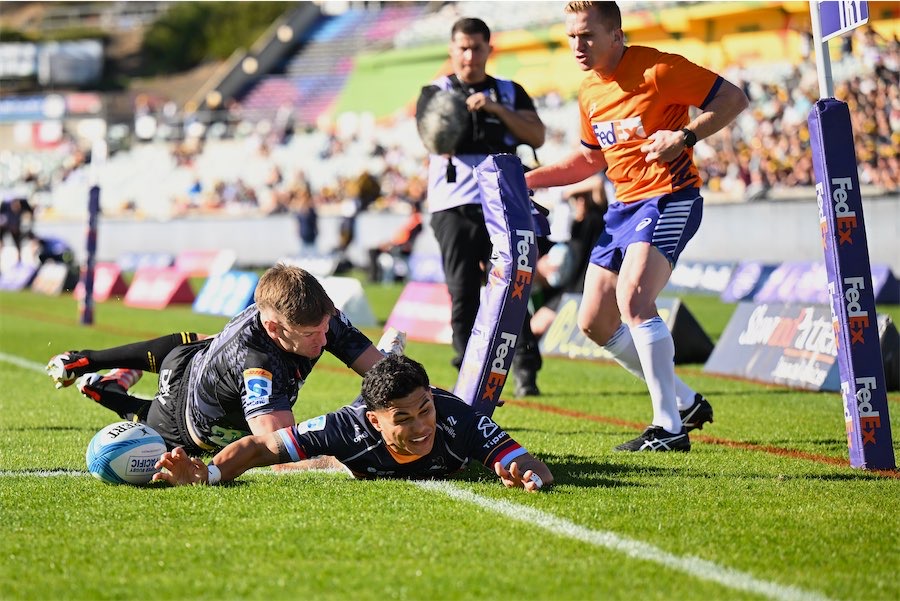
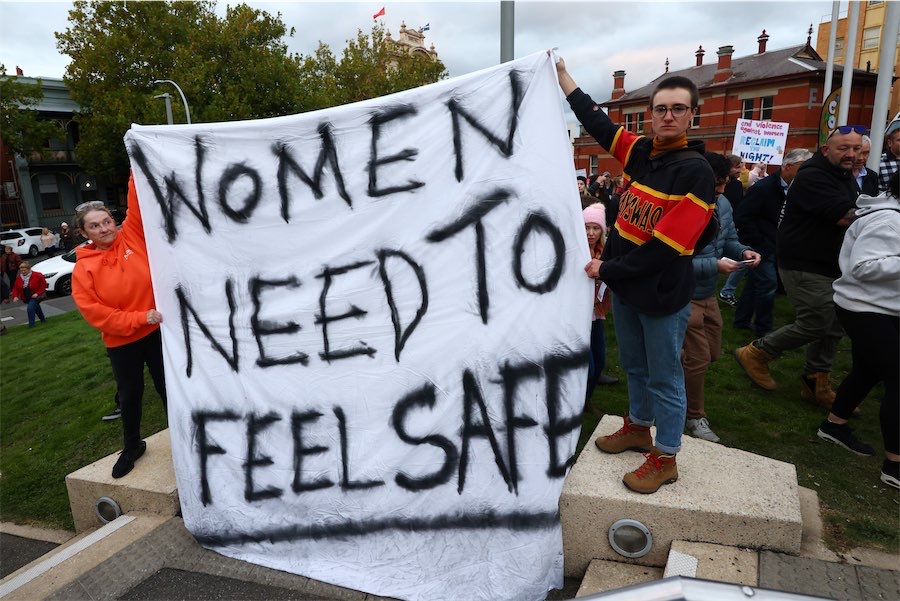


Leave a Reply